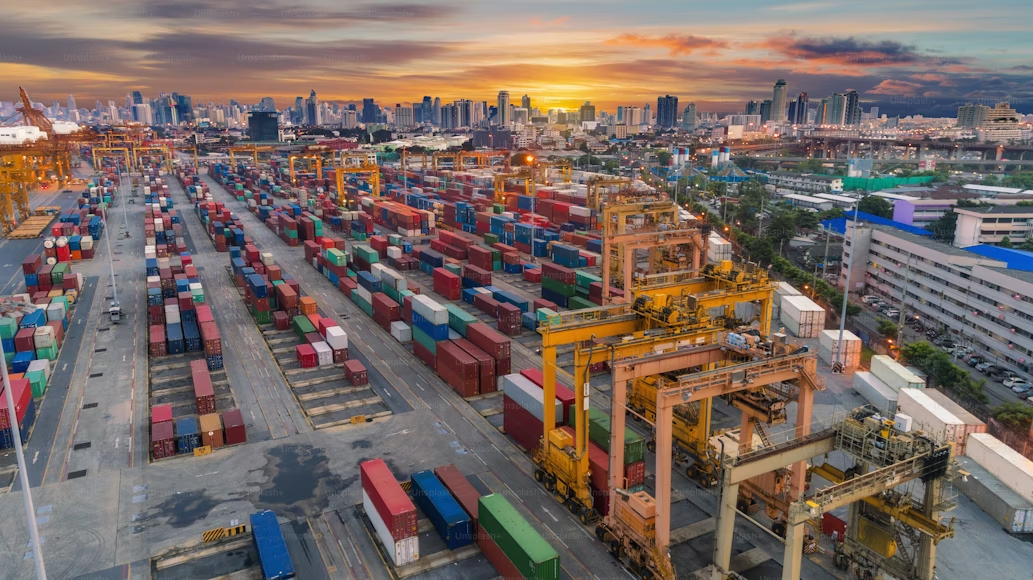The global business environment is undergoing significant changes as trade tensions intensify, central banks adjust monetary policies, and major corporations pivot their strategies in response to economic challenges. These developments are shaping markets and prompting concerns about the future trajectory of the global economy.
Escalating Trade Tensions
On March 3, 2025, President Donald Trump announced that previously delayed tariffs would officially take effect on March 4. These measures include a 25% tariff on all imports from Canada and Mexico, alongside an increase from 10% to 20% on Chinese imports. The President stated there was “no room left” for further negotiations with Canada or Mexico.
Market reactions were swift, with the S&P 500 dropping by 1.8% and the Nasdaq-100 falling by 2.6%. Canadian officials have indicated that they are prepared to retaliate, while Mexican leaders reaffirmed plans for countermeasures, including imposing retaliatory tariffs on U.S. goods. Economists predict that these renewed trade disputes will result in higher consumer prices and further strain global supply chains, especially in industries dependent on cross-border trade.
Monetary Policy Adjustments
In response to economic uncertainty, the European Central Bank (ECB) is expected to cut interest rates by a quarter-point during its policy meeting on March 6, reducing the deposit facility rate to 2.5%. The move has generated speculation about whether this will be the beginning of a more aggressive easing cycle, especially after ECB executive Isabel Schnabel suggested a pause in the rate cuts might be necessary to assess their full impact.
Meanwhile, in the United States, the February jobs report, due later this week, is expected to reveal the addition of 133,000 jobs. This data will play a critical role in guiding the Federal Reserve’s next moves, with many analysts anticipating the first rate cut by July.
Corporate Strategic Shifts
Meta Platforms is one of the companies making waves with strategic changes in 2025. CEO Mark Zuckerberg has introduced an overhaul of the company’s content moderation policies, moving away from third-party fact-checking and relaxing rules around political discussions and hate speech. These changes have sparked controversy, particularly from some advocacy groups, and are expected to have a significant impact on the company’s brand and user engagement.
At the same time, Meta is focusing on monetizing its Threads platform and has begun testing advertisements in the U.S. and Japan. The company is also cutting 5% of its workforce, targeting “low performers,” while continuing to ramp up investments in artificial intelligence.
Market and Economic Outlook
As the global business landscape adjusts to these changing dynamics, investors are advised to exercise caution. The combined effects of escalating trade tensions, shifting monetary policies, and strategic corporate maneuvers are creating a volatile environment. The upcoming ECB meeting and U.S. jobs report will provide further clarity on the economic outlook in the coming months.
Stay tuned for more analysis and updates on these key developments.


